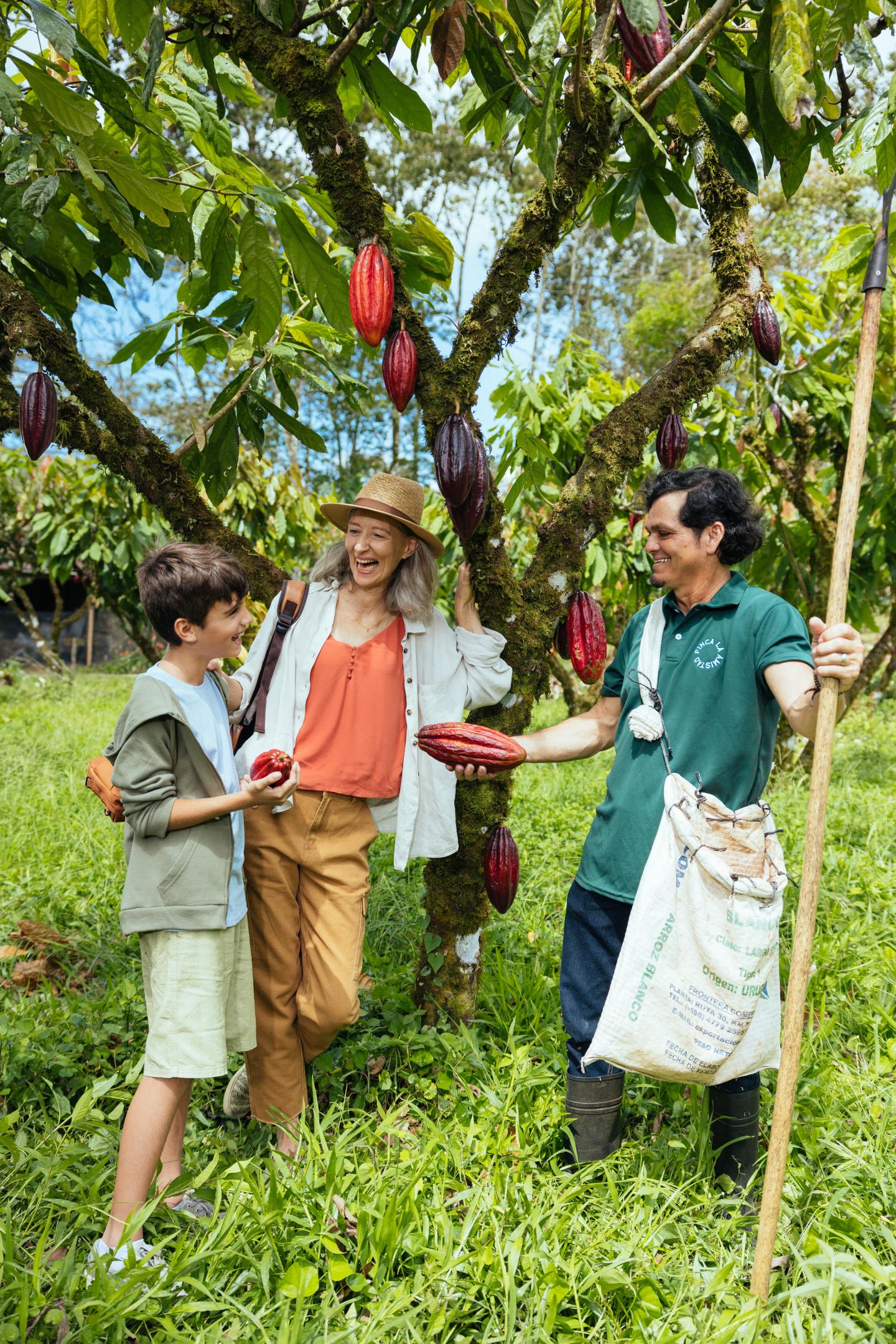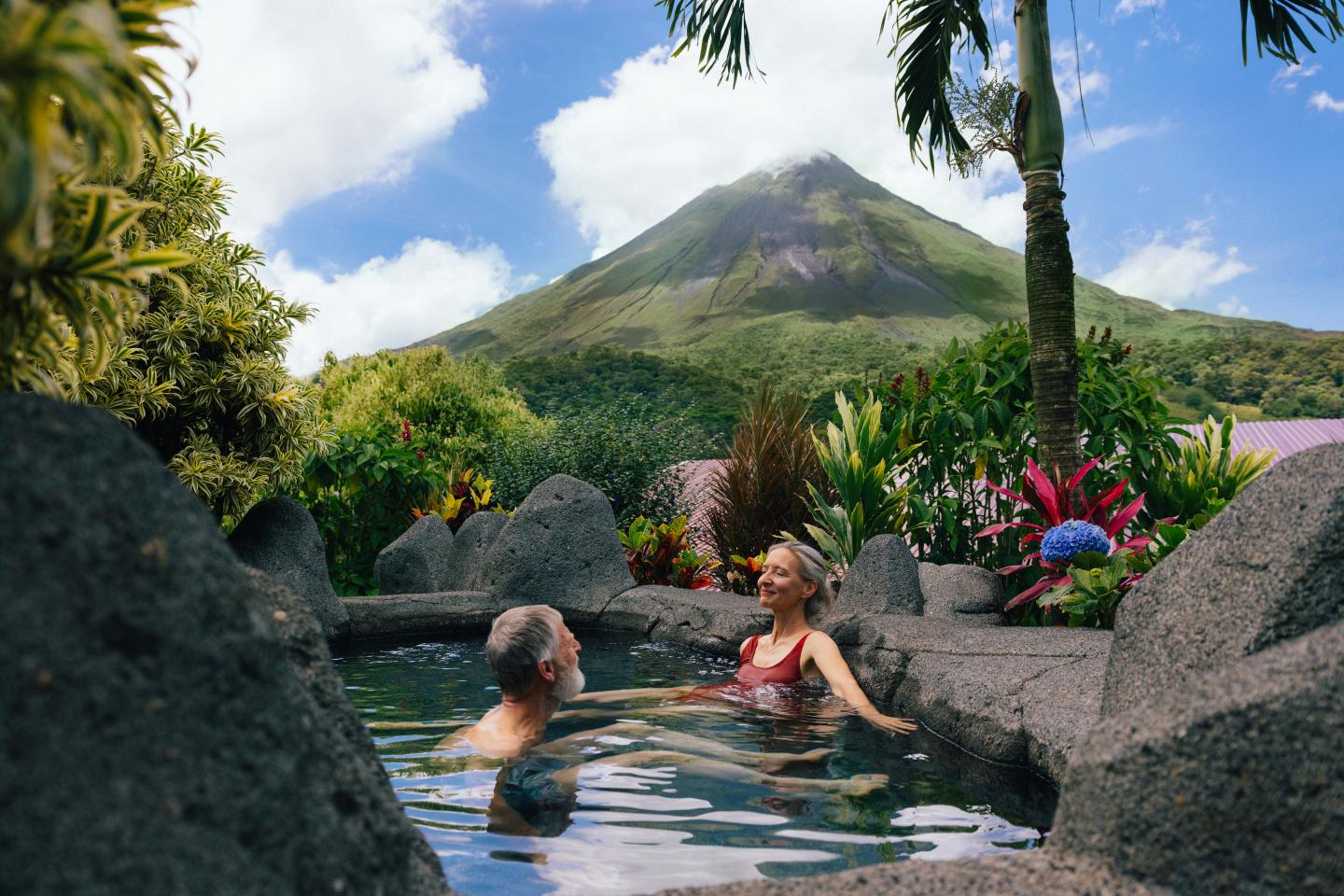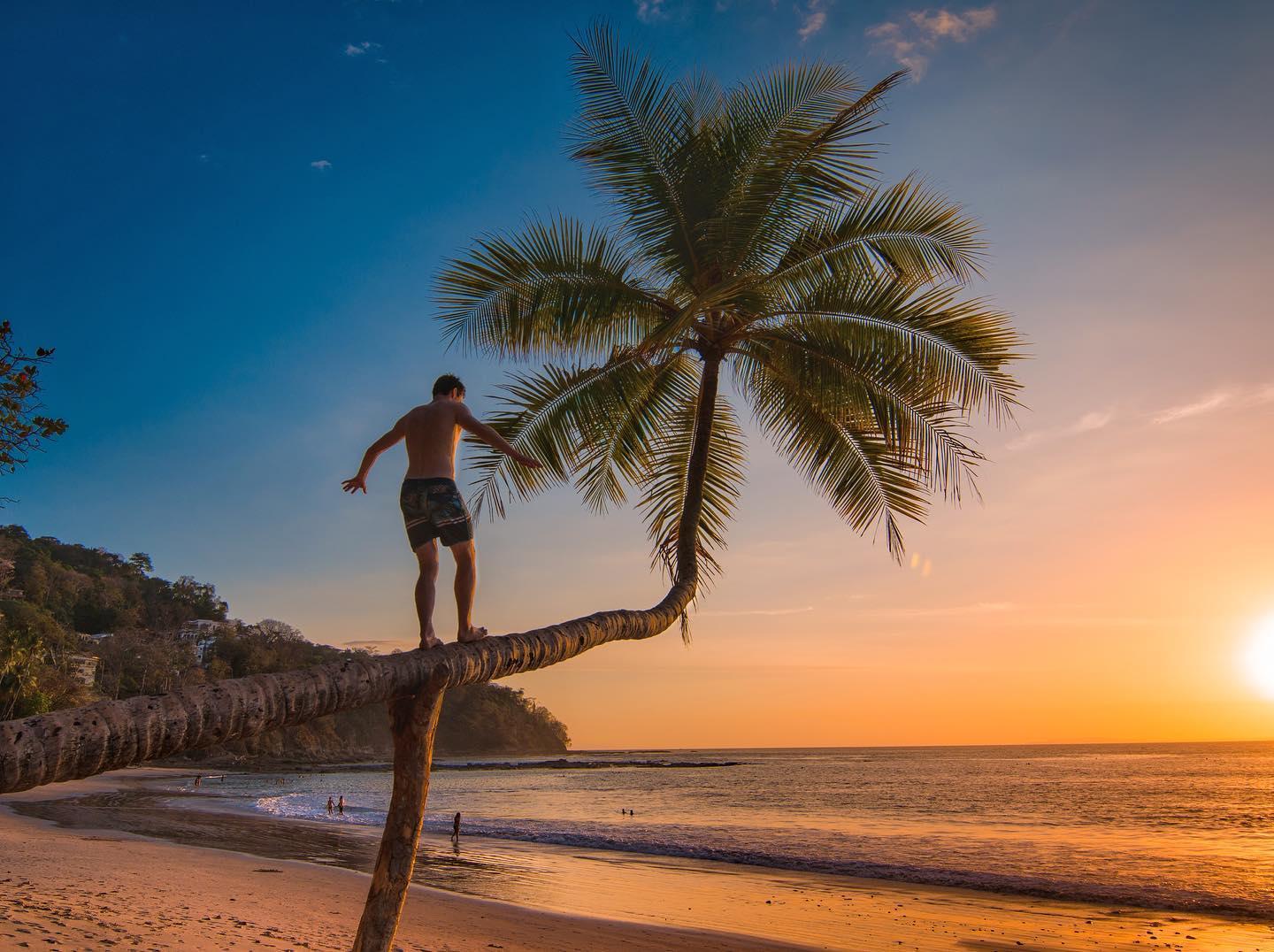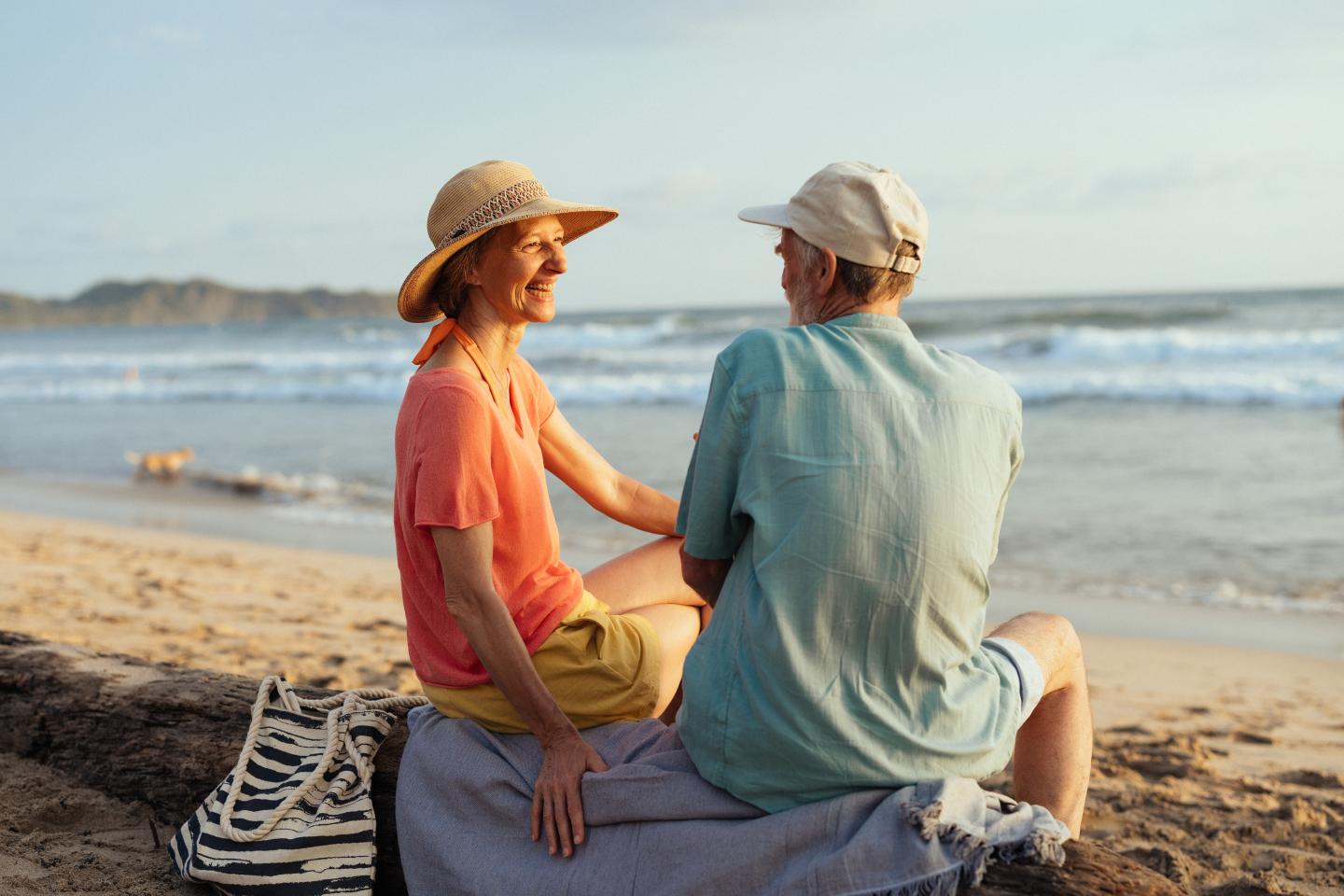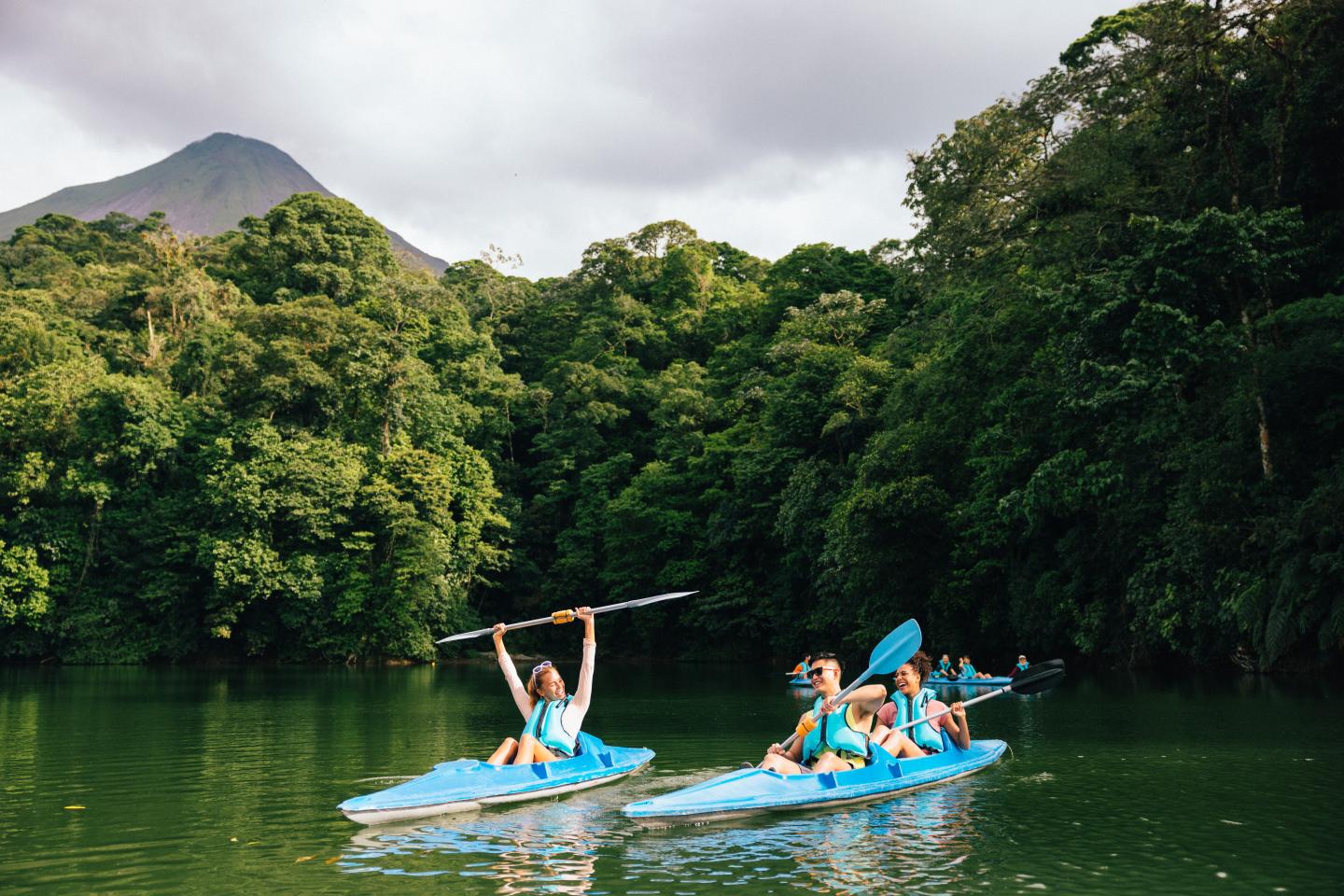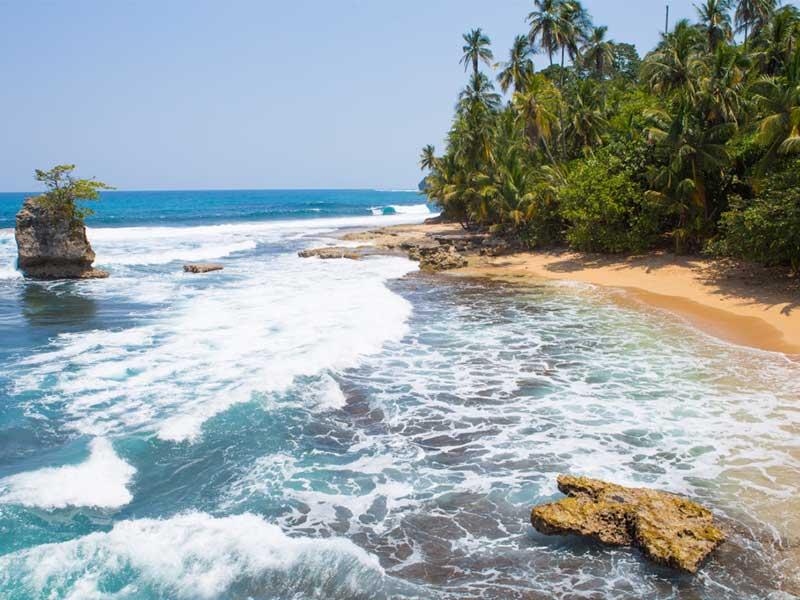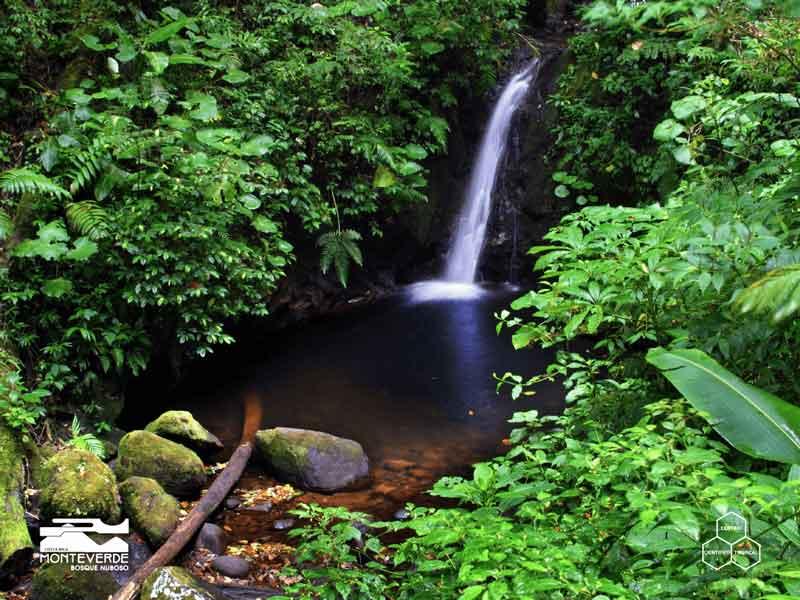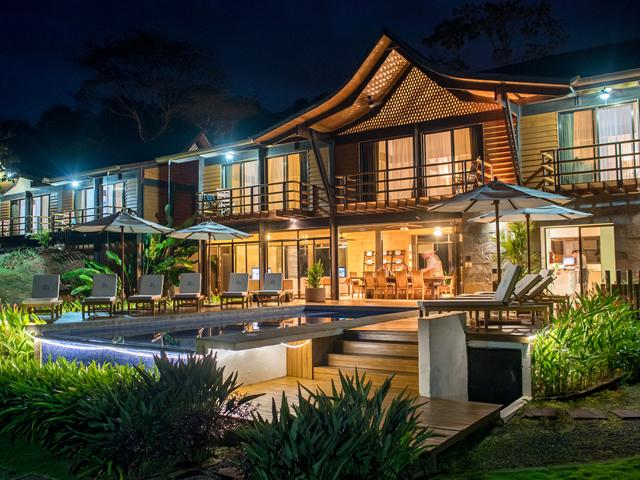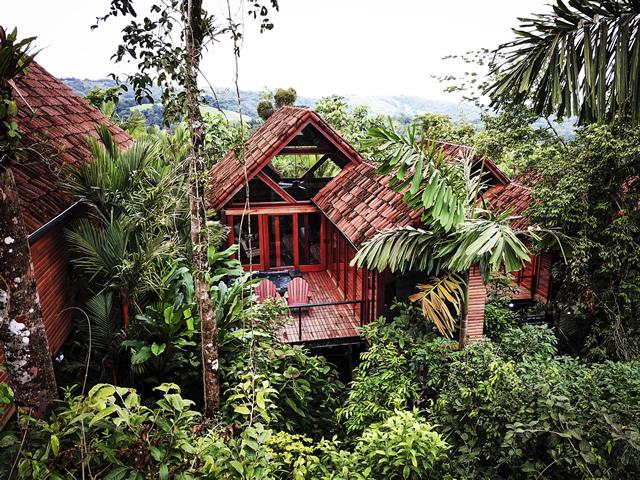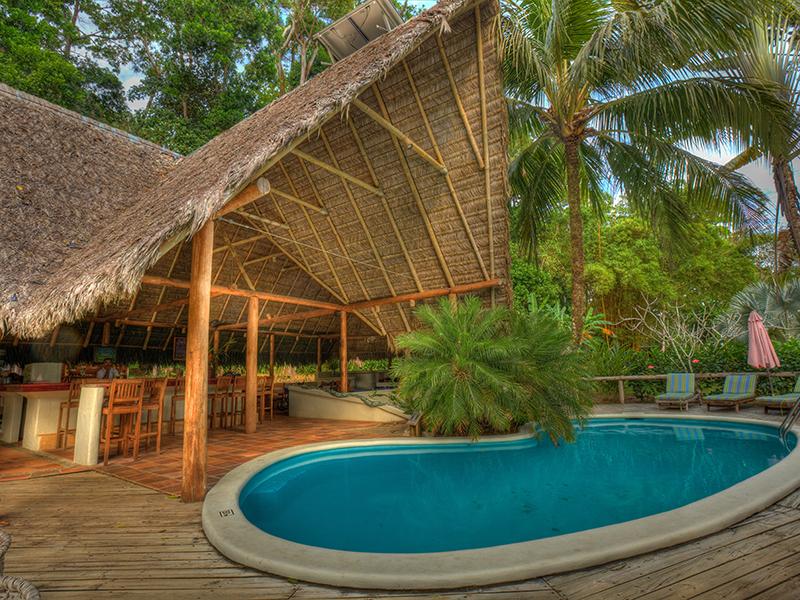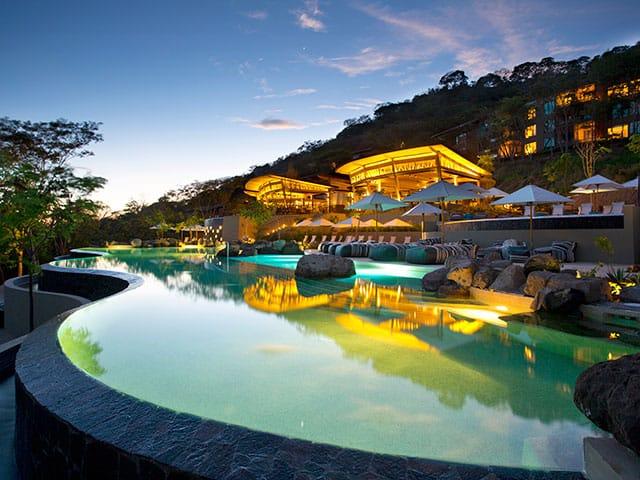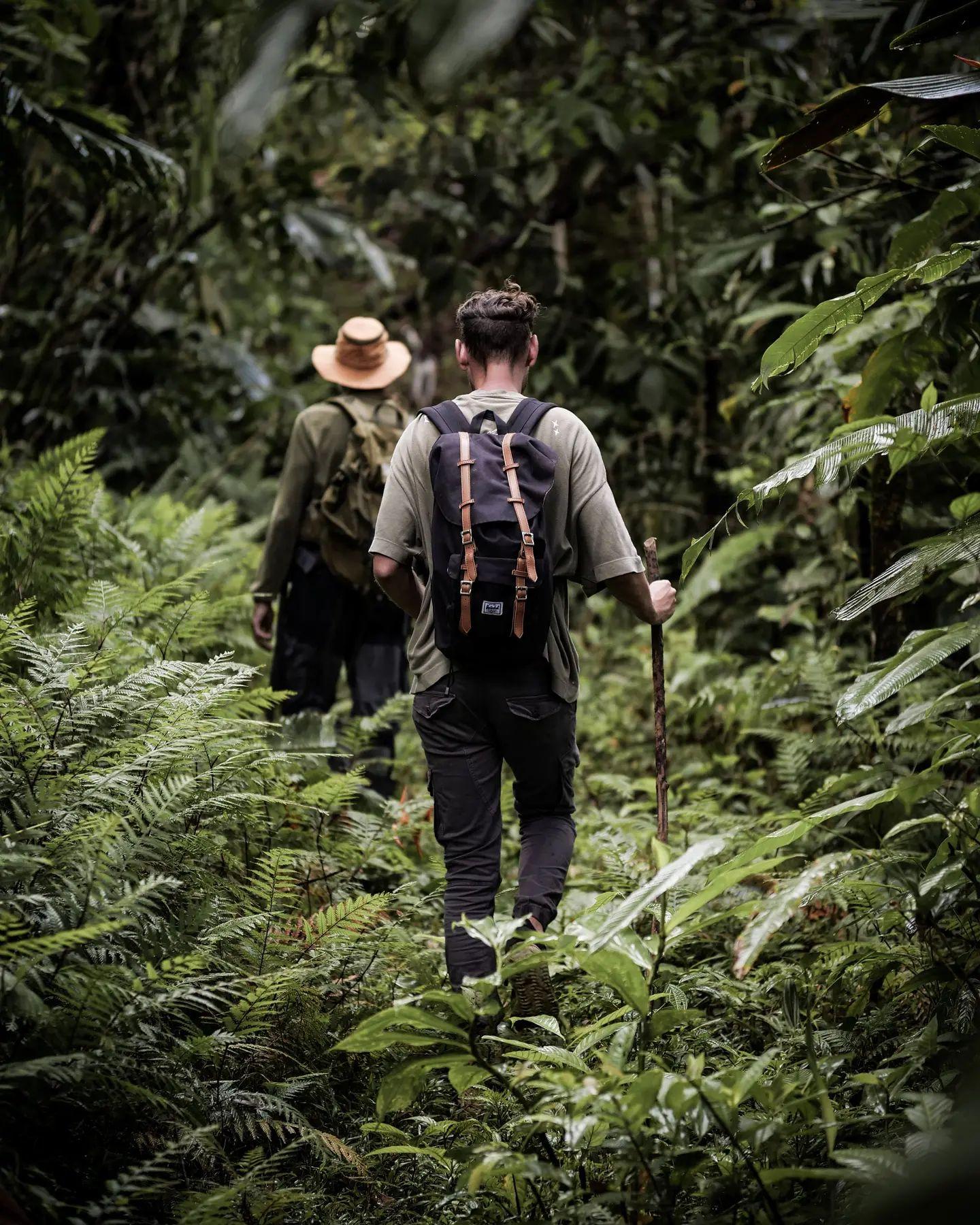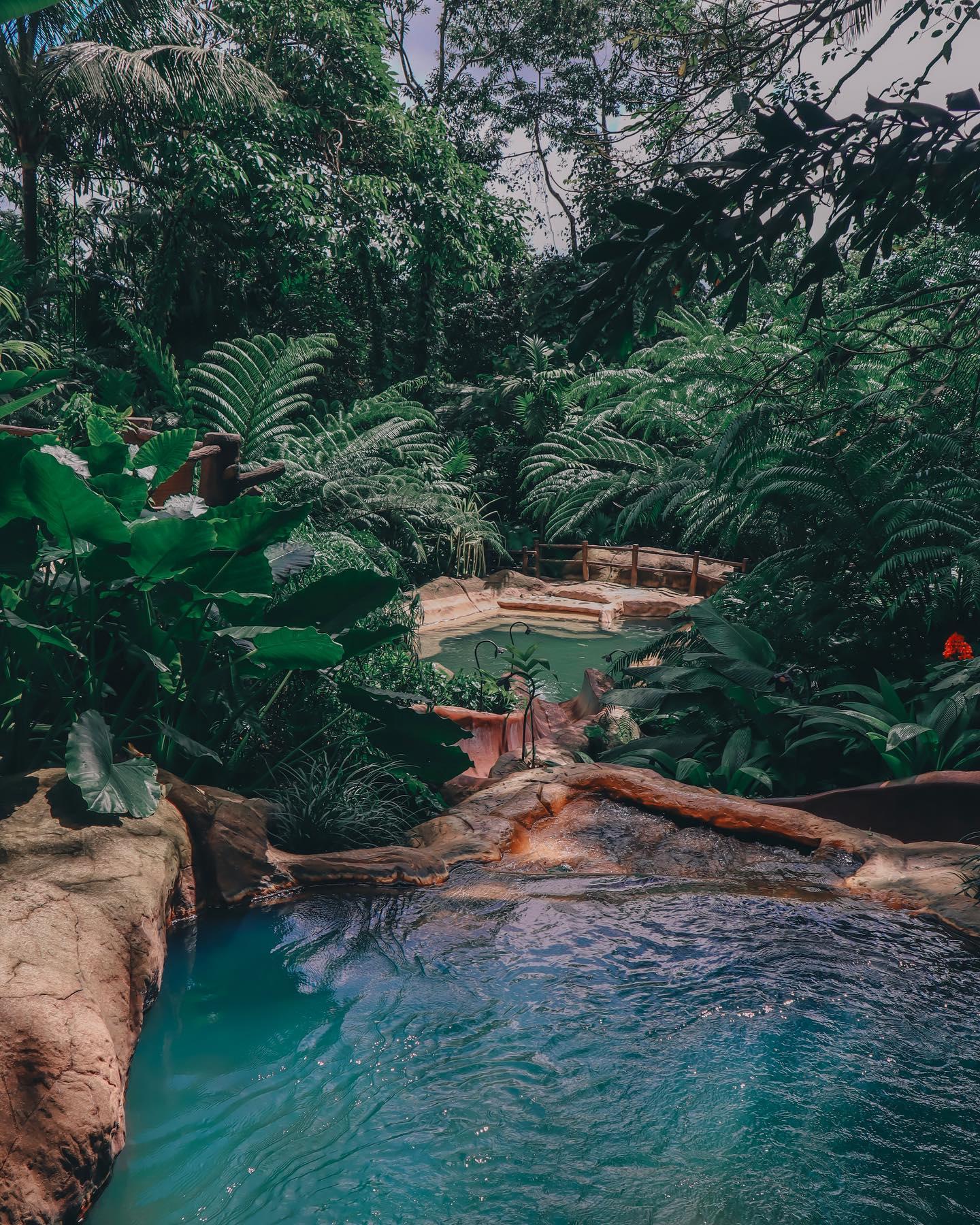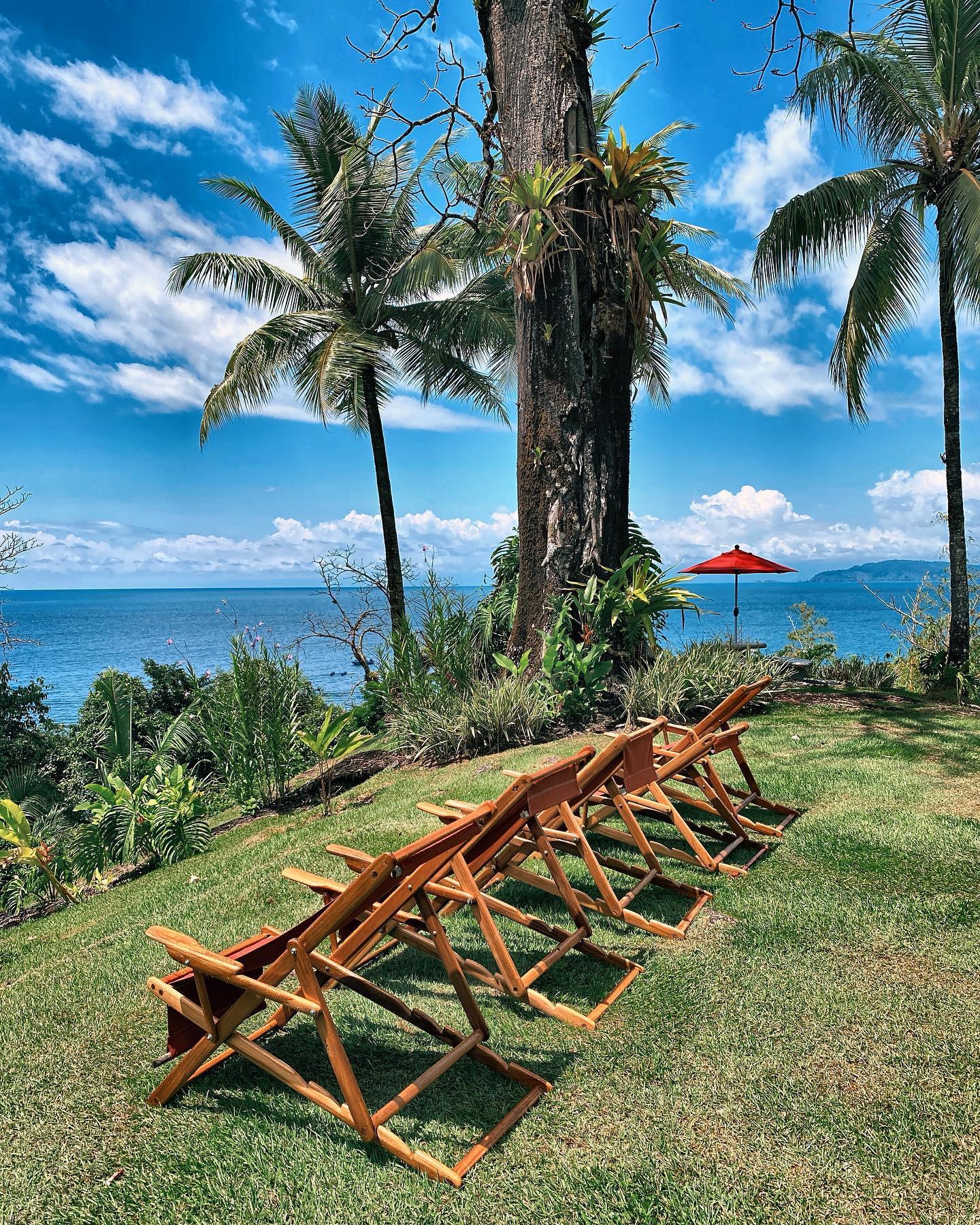uncover more in the blog
News, events, places to discover all in one place.
cultural insights
From its Indigenous origins to its modern Latin American flair, Costa Rica's culture is naturally diverse. Ticos embrace a culture of music, dance, art and cuisine. They create an inviting atmosphere for travelers to come explore and appreciate all that they have to offer.
faqs and tips
Yes, the water is potable in most of the country. We would only recommend bottled water for a few rural areas. Bring your reusable water bottle to decrease your footprint while you’re here.
Travelers from the following countries must have received a yellow fever vaccination certificate: Angola, Benin, Burkina Faso, Cameroon, Democratic Republic of the Congo, Gabon, The Gambia, Guinea, Liberia, Nigeria, Sierra Leone, Sudan, Bolivia, Venezuela, Brazil, Peru, Colombia, Ecuador and the Republic of Guyana.
Keep your belongings somewhere safe while enjoying the sea or leave them somewhere they can be watched.
- Always use reef-safe sunscreen to avoid sunburns.
- When possible, don’t swim on your own.
- Consult the authorities about the current beach conditions.
- Be aware of warning flags on the beach.
- Do not enter the ocean if you don’t know how to swim. If you’re surfing as a beginner, stay under the supervision of a qualified instructor.
The main difference is the amount of rain. It doesn’t rain as much in the cloud forest as it does in the rainforest. The species of flora and fauna may also differ.
Be sure to bring insect repellent, a raincoat with a hood and a comfortable pair of hiking boots.
You can practice at Pacuare, Reventazón, Corobici, Sarapiqui, Naranjo and Savegre rivers.
You can find them in Tortuguero National Park on the Caribbean coast or Las Baulas National Marine Park on the Pacific coast.
Only Poás Volcano National Park, Carara National Park and Santa Rosa National Park offer wheelchair access.
Kosta Rhoda offers special trips for visitors who need added consideration.






